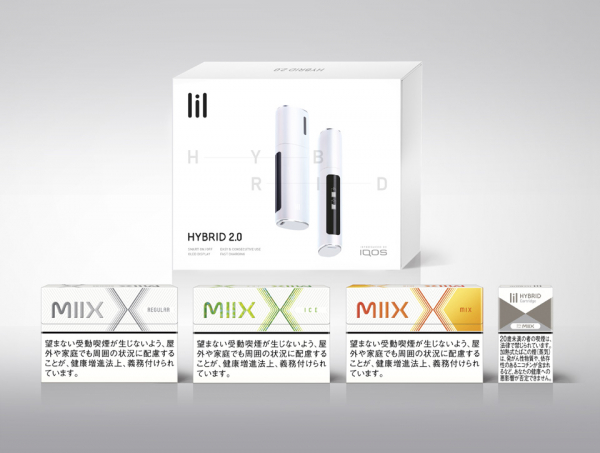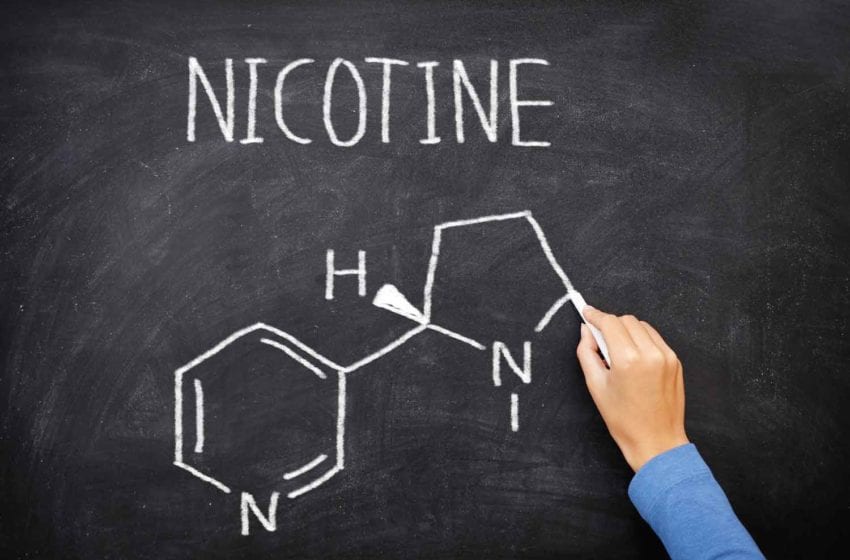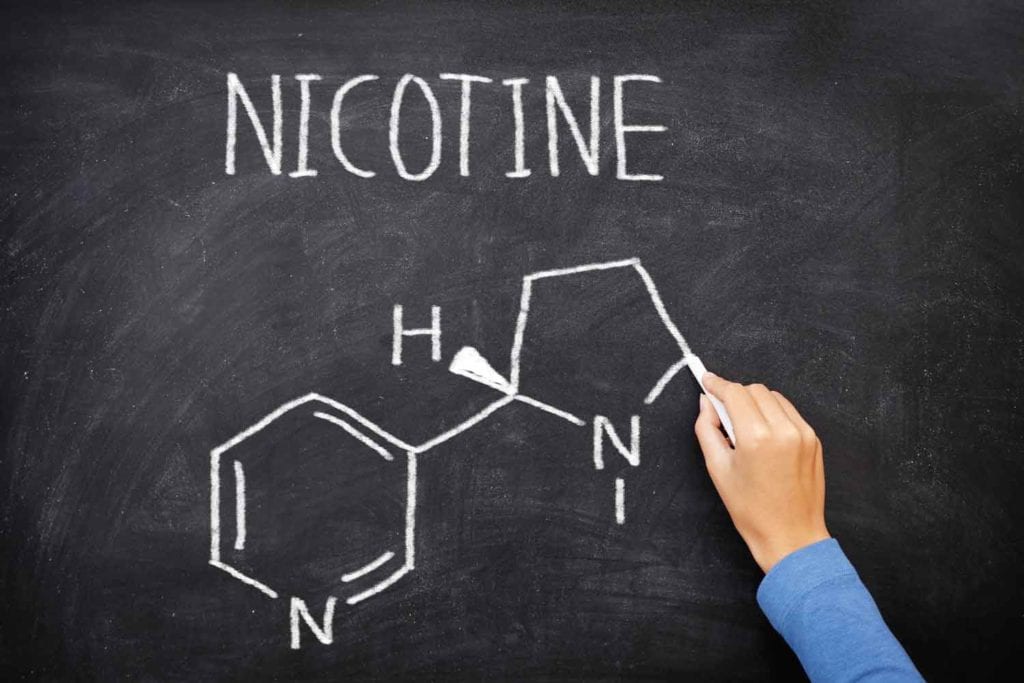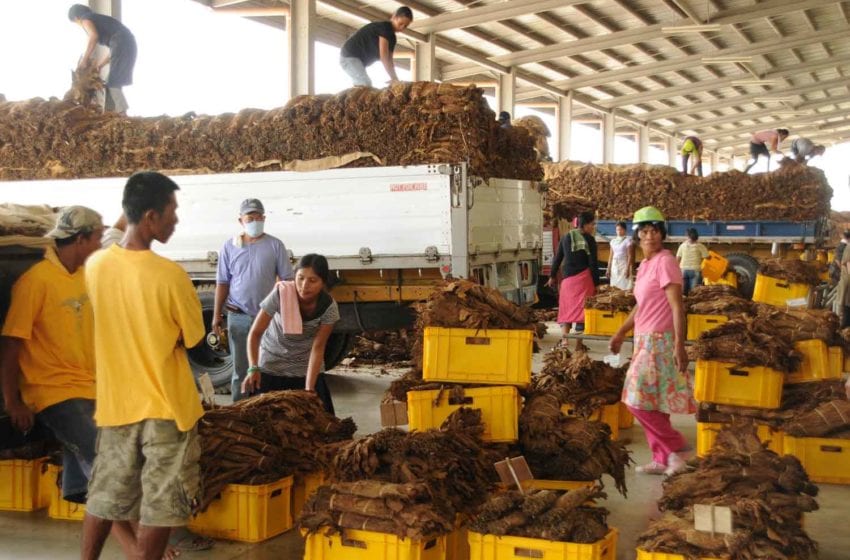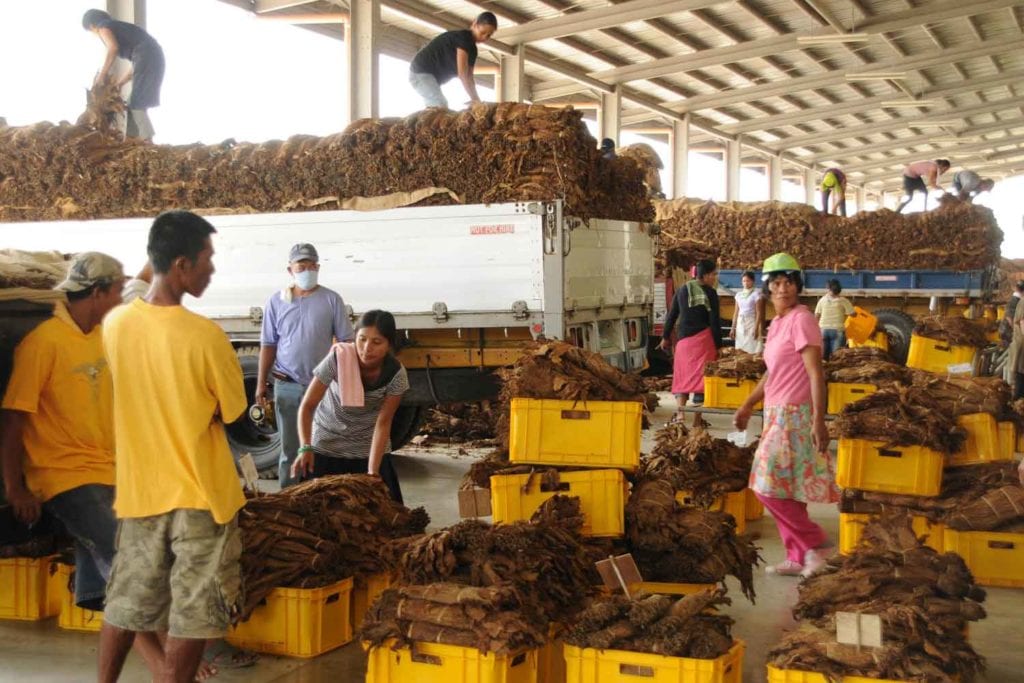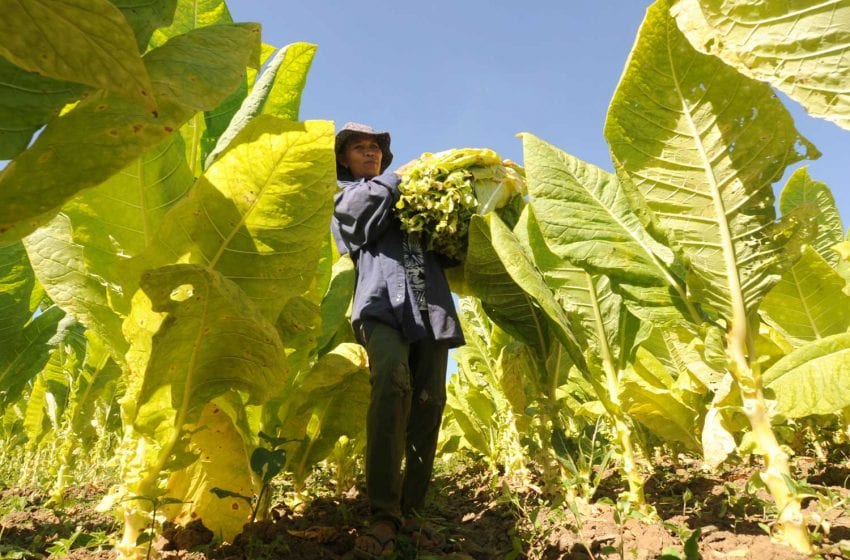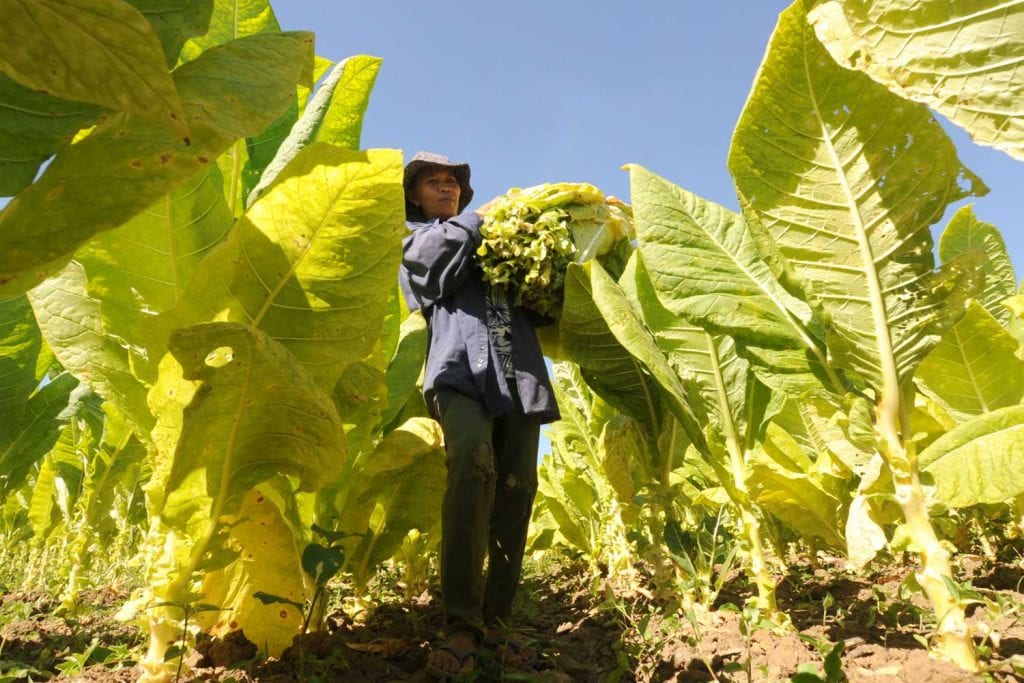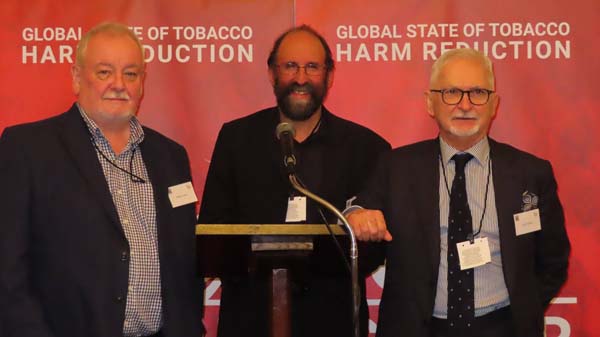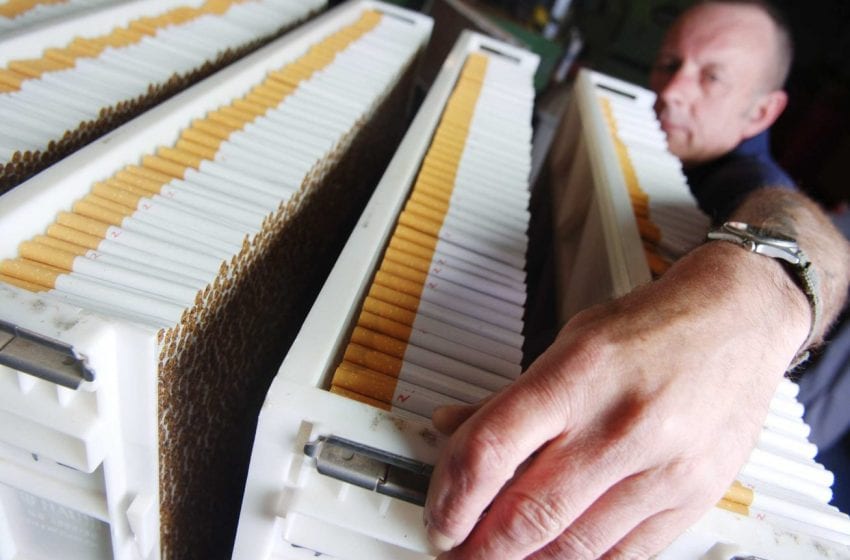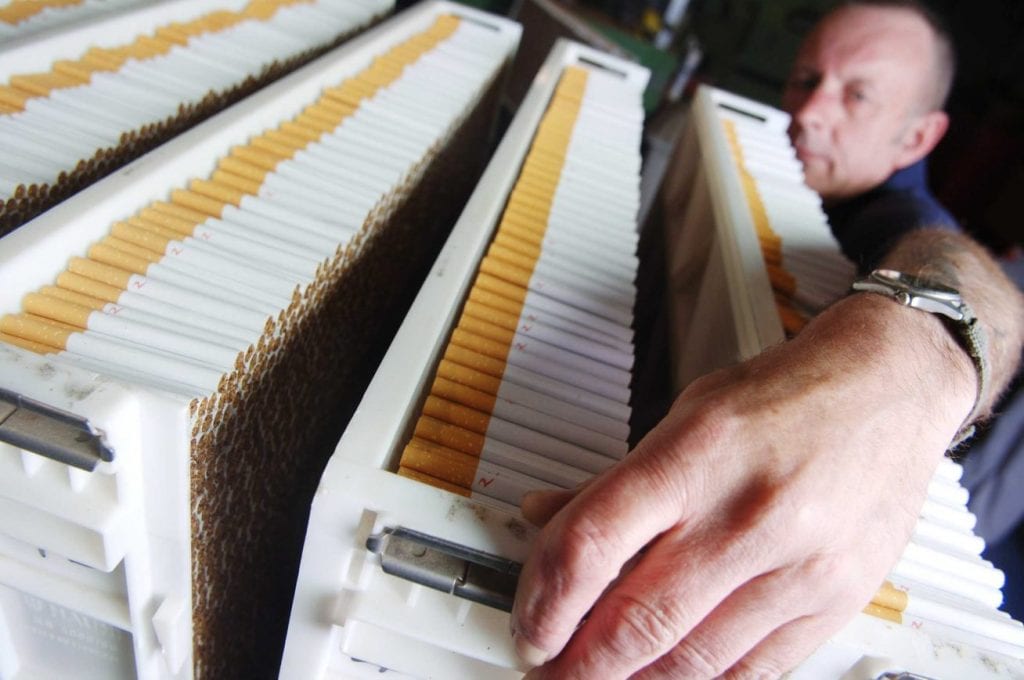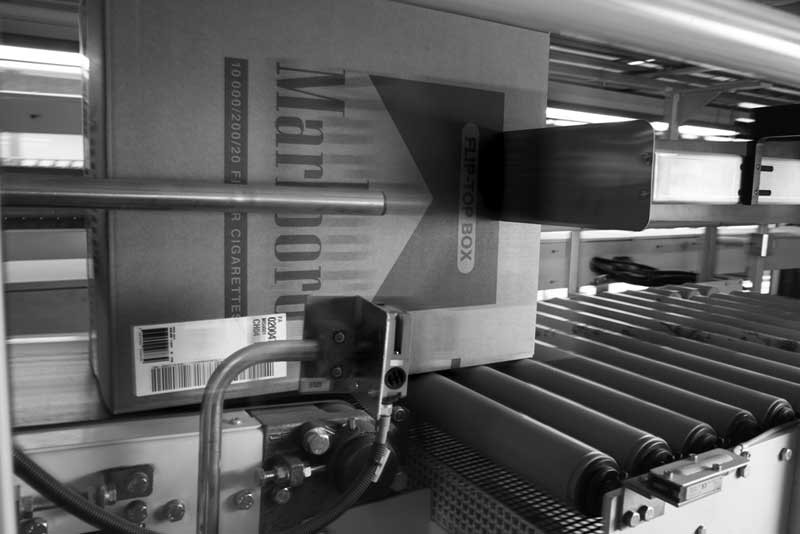Philip Morris International (PMI) reported net revenues of $7.45 billion in the third quarter of 2020, down 2.6 percent from the comparable 2019 quarter. Operating income was $3.24 billion, compared to $2.79 billion in last year’s quarter. On an adjusted basis, operating income was up 1.9 percent, while the company’s adjusted operating income margin improved to 43.6 percent from 41.7 percent between the two quarters.
PMI’s cigarette and heated tobacco unit shipments were down by 7.6 percent, reflecting a decline in cigarette shipments of 9.8 percent to 165.46 billion units and an increase of heated tobacco unit shipments of 18.7 percent to 19 billion units.
The company estimates the total number of IQOS users at quarter-end at approximately 16.4 million, of which approximately 11.7 million have stopped smoking and switched to IQOS.
“We delivered stronger-than-anticipated results in the third quarter, despite the ongoing challenges of the pandemic, with adjusted diluted EPS [earnings per share] growth of 5.6 percent on an organic basis,” said PMI CEO Andre Calantzopoulos in a statement.
“The sustained momentum of IQOS was excellent, with an estimated 16.4 million total users at the end of September and smoke-free products accounting for nearly one-fourth of our total net revenues in the quarter.
“Furthermore, our combustible tobacco business recorded an improved sequential performance, supported by better underlying total industry volumes across both developed and emerging markets.
“Despite continued headwinds for our duty-free business and in Indonesia, we are raising our full-year 2020 guidance and now anticipate adjusted diluted EPS growth of around 5 percent to 6 percent on an organic basis, compared to a range of approximately 3.5 percent to 5.0 percent previously,” Calantzopoulos said.
PMI further noted that, despite the ongoing Covid-19 pandemic, it has sufficient access to inputs for its products and is not facing any significant business continuity issues with respect to key suppliers.
Most of its manufacturing facilities, including all heated tobacco unit factories, are operational. The company also has adequate inventories of finished goods based on existing sales trends.
